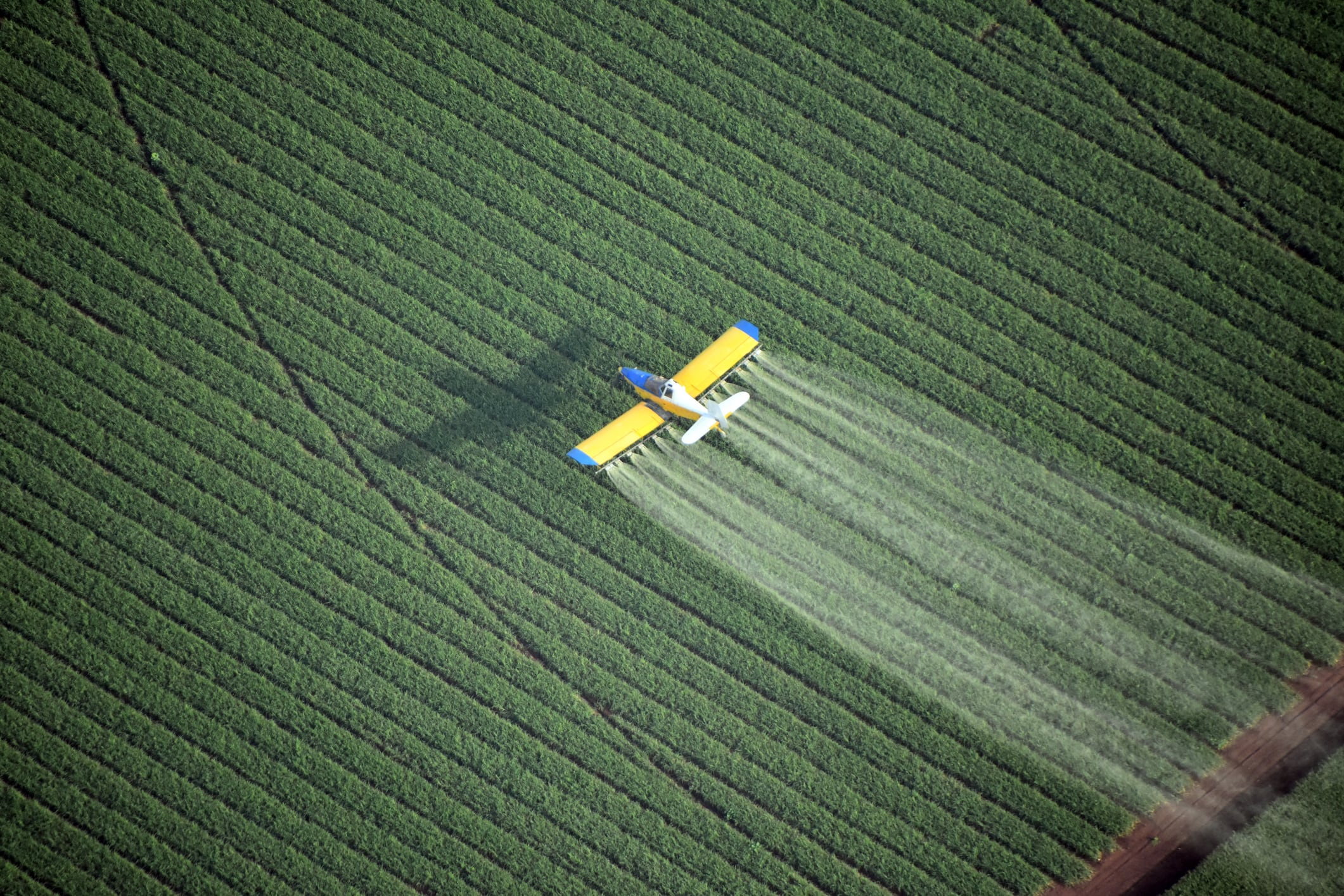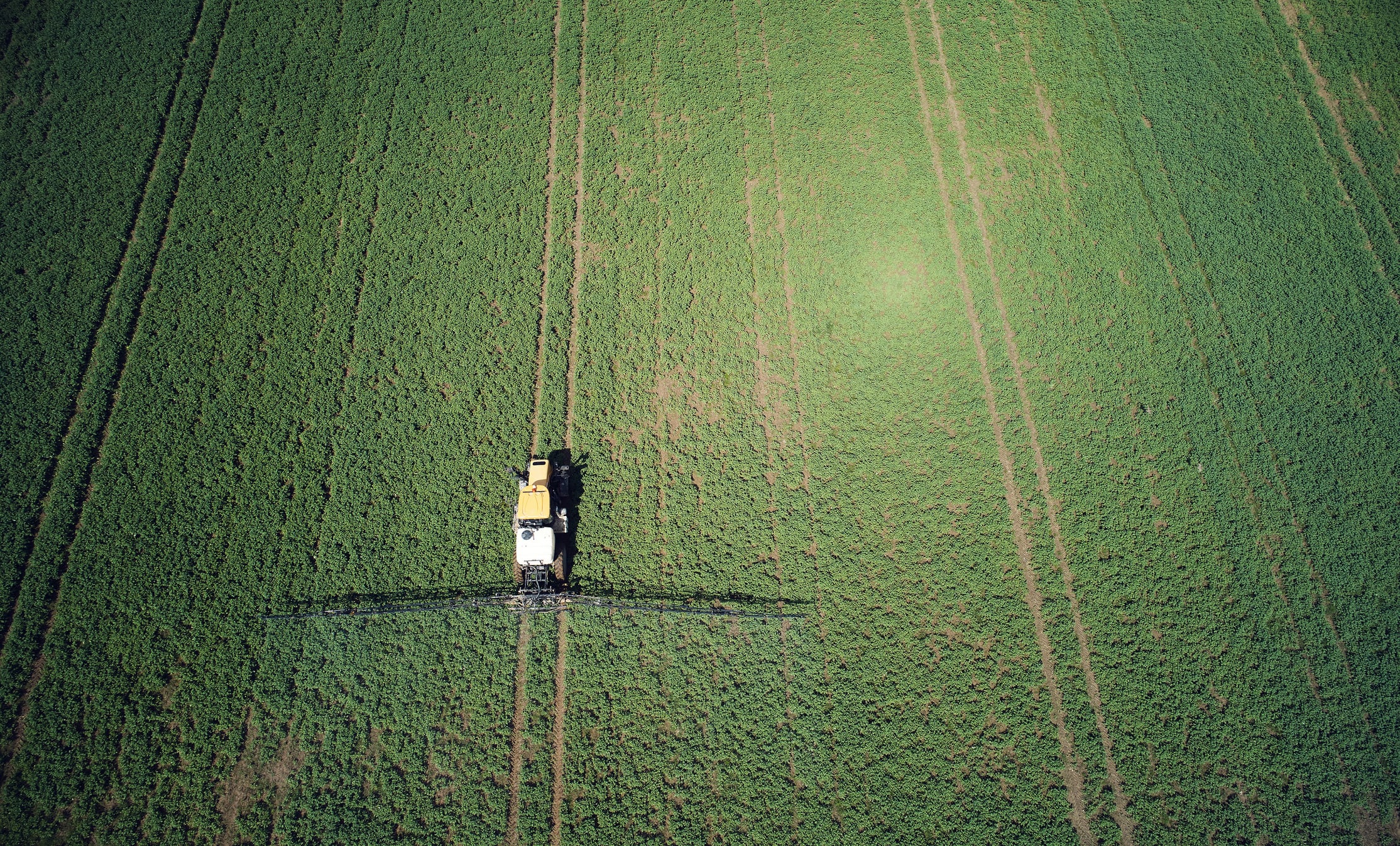Icafolin offers a new tool against herbicide-resistant weeds and supports sustainable agriculture practices, the company said, by enabling no-till and reduced-tillage farming systems.
It is not intended to completely replace controversial herbicide glyphosate.
Instead, Bayer envisions Icafolin as a complementary tool to manage weed resistance and support sustainable farming practices. It is designed to be used in conjunction with existing herbicides like glyphosate, offering farmers more options and potentially reducing reliance on a single active ingredient.
Icafolin is developed for uses in soybean, cereals, pulses, and oil seed crops, as well as pome and stone fruits, tree nuts, grapes, and citrus.
A ‘groundbreaking’ solution
The product is ‘groundbreaking’ by adding a novel solution in the fight against weed resistance, a Bayer spokesperson told AgTechNavigator. “Weed resistance has increased globally over the last years and is a threat to food security, significantly reducing yield and harvest quality. Belonging to an entirely new chemical class, it allows for lower dose rates, more targeted spray applications, and shows an exceptional safety and sustainability profile.”
Treated weeds become “frozen” in the fields, the spokesperson explained. “The dead weeds remain in the field longer because they largely maintain their structure. This creates a mulch layer that helps prevent erosion and trap moisture in the soil. By providing effective weed control Icafolin reduces the need for tillage practices which improves soil health and is a cornerstone of regenerative agriculture.”
Global impact
Bayer estimates peak sales potential around €750 million. It submitted registration applications for Icafolin in the European Union in July, following earlier submissions in the US, Canada, and Brazil. It expects to launch in Brazil in 2028, and in the other markets thereafter, which also depends on regulatory processes.
An AI enabled breakthrough
Icafolin is the also first product to use CropKey, innovative research and development approach that uses AI, data science, and virtual computational chemistry to design highly precise crop protection products.
It works by identifying unique protein “locks” in pests (such as weeds, insects, or diseases) and then designing specific chemical “keys” (molecules) that fit these locks to block the pest’s function without harming other organisms or the environment. This approach is designed to accelerate the discovery of new herbicides, fungicides, and insecticides, making the development process faster, more accurate, and more sustainable compared to traditional methods.
“With CropKey we’re not just responding to current agricultural challenges more quickly, we’re being proactive and anticipating future needs,” said Rachel Rama, senior vice president and head of small molecules at Bayer’s Crop Science division.
“Leveraging artificial intelligence greatly accelerates our journey from concept to market, so farmers gain access to the most effective and environmentally responsible crop protection products.”




